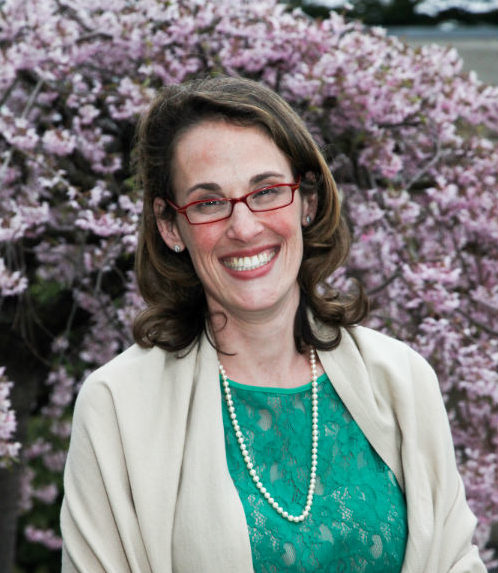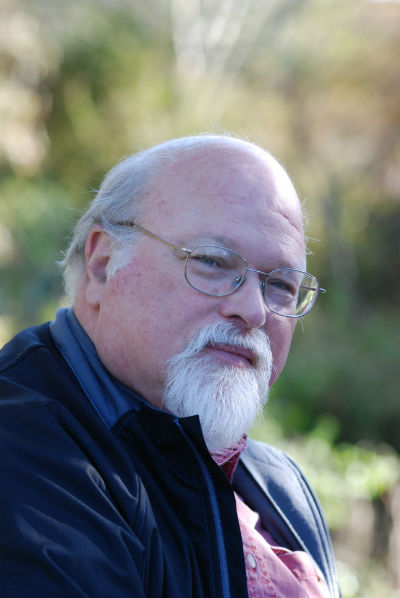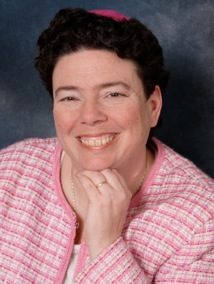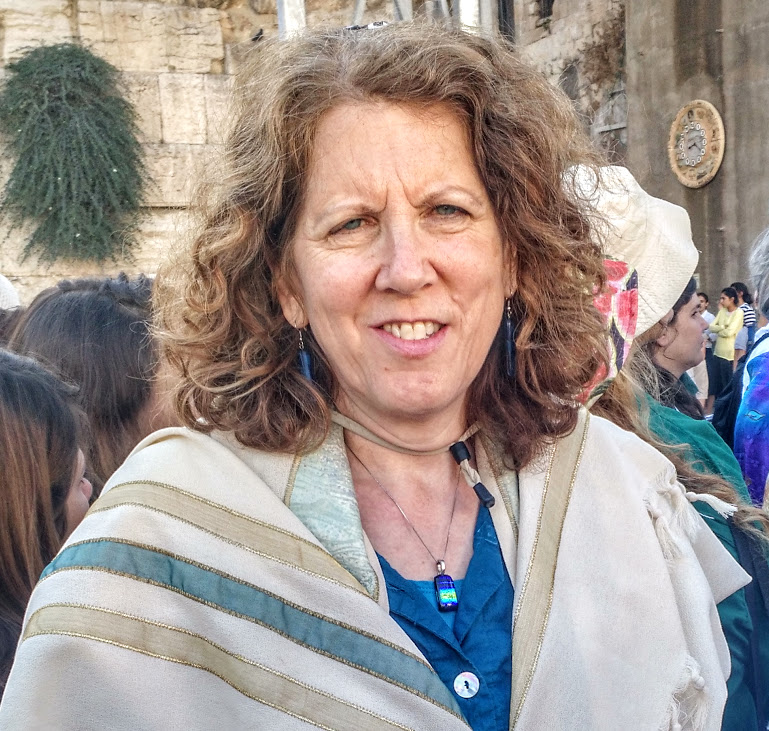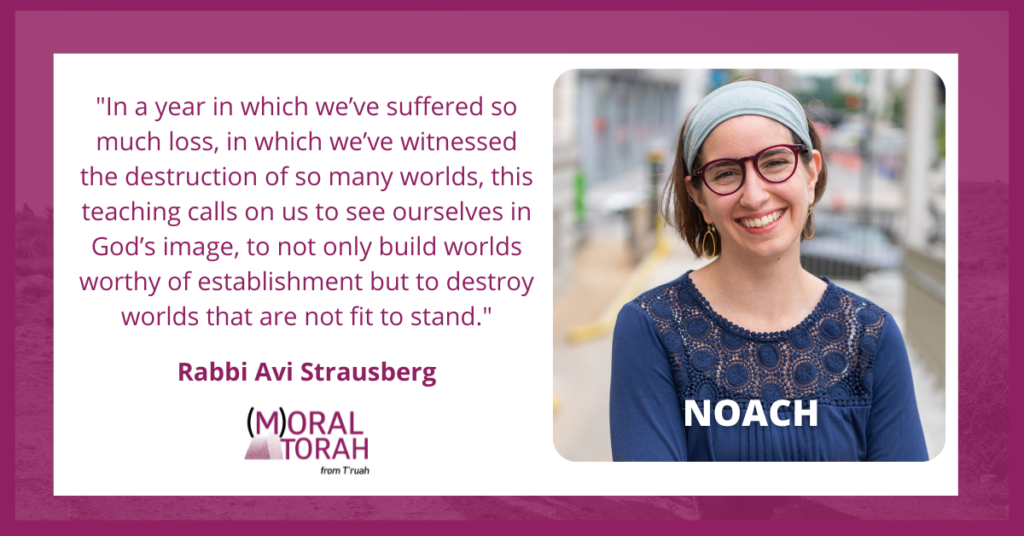
The Wisdom of Destroying Worlds
In a year in which we’ve suffered so much loss, in which we’ve witnessed the destruction of so many worlds, this teaching calls on us to see ourselves in God’s image, to not only build worlds worthy of establishment but to destroy worlds that are not fit to stand.
read more


